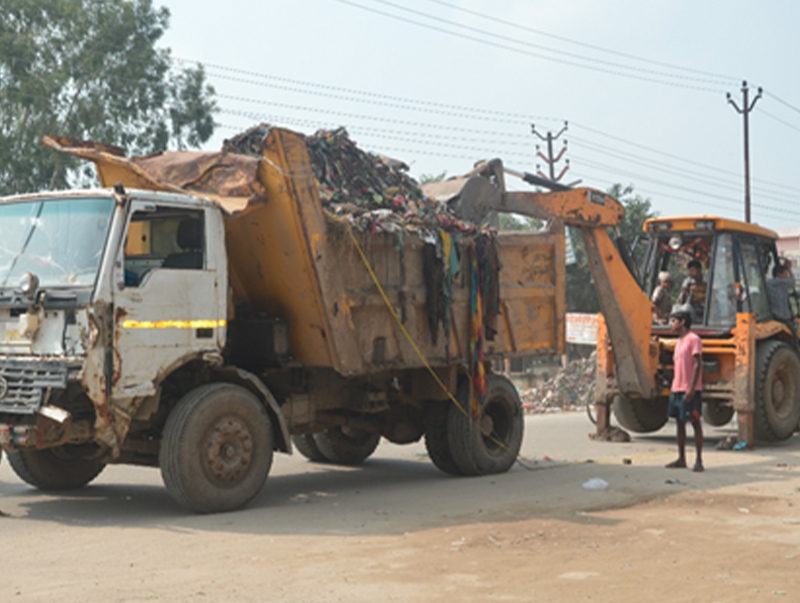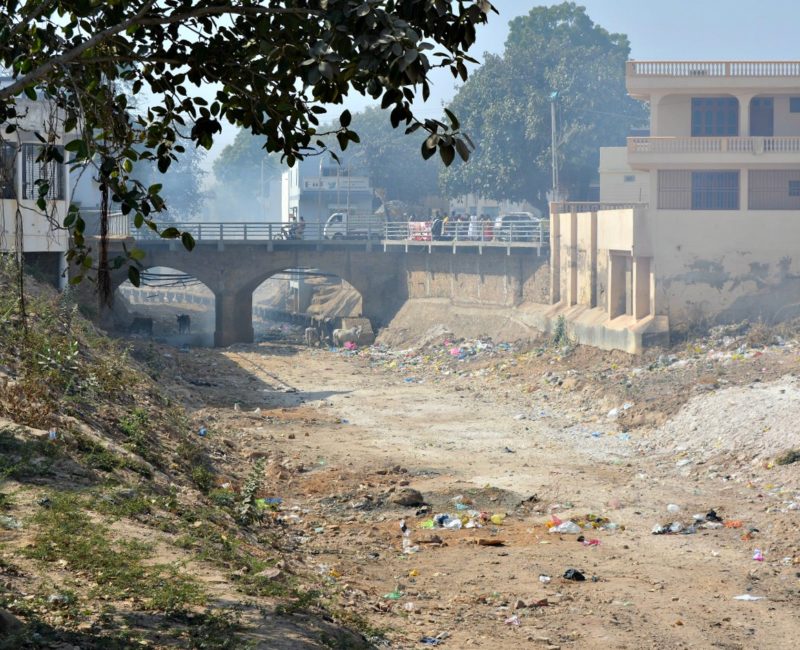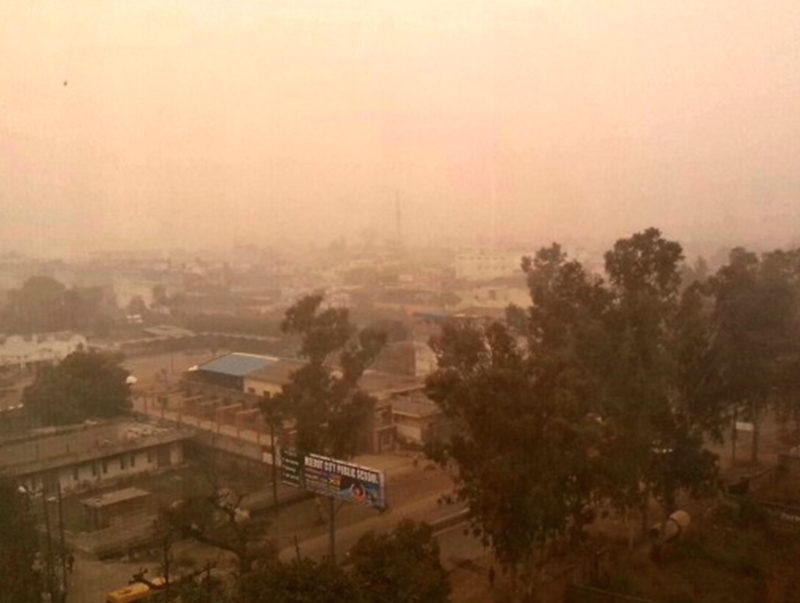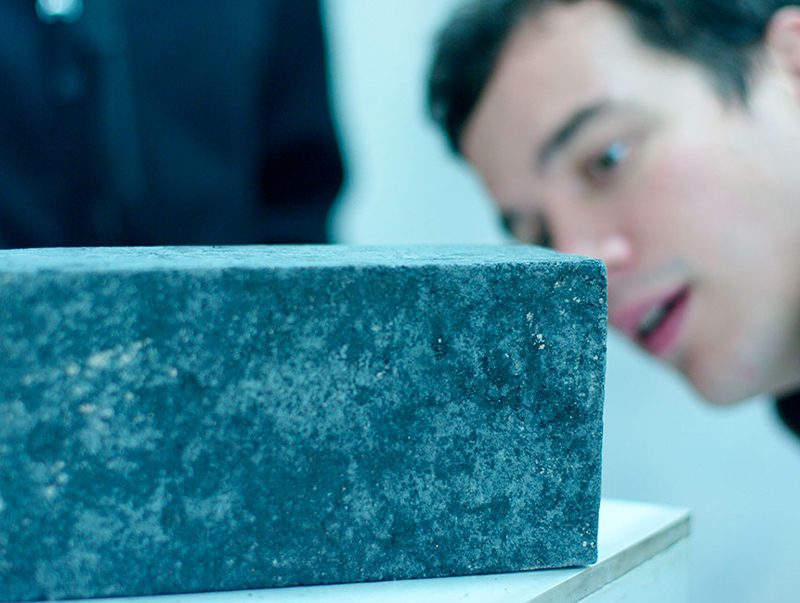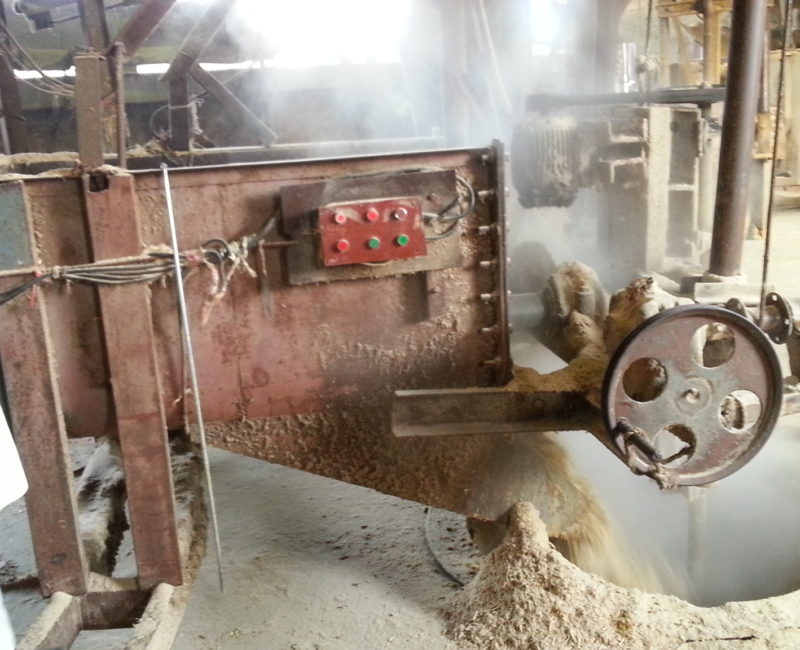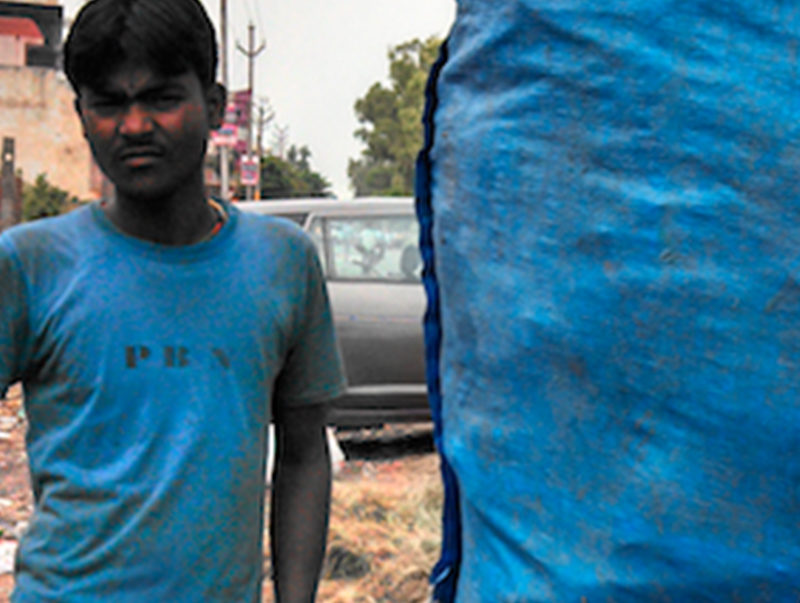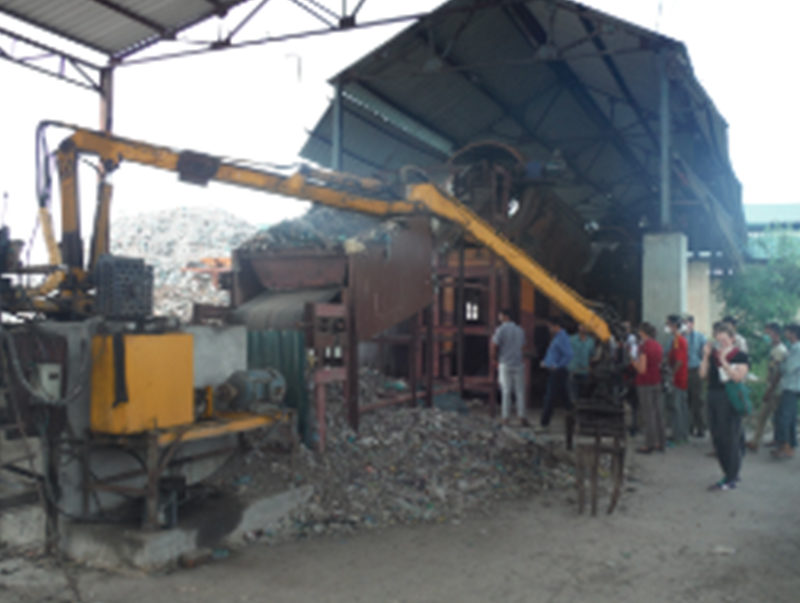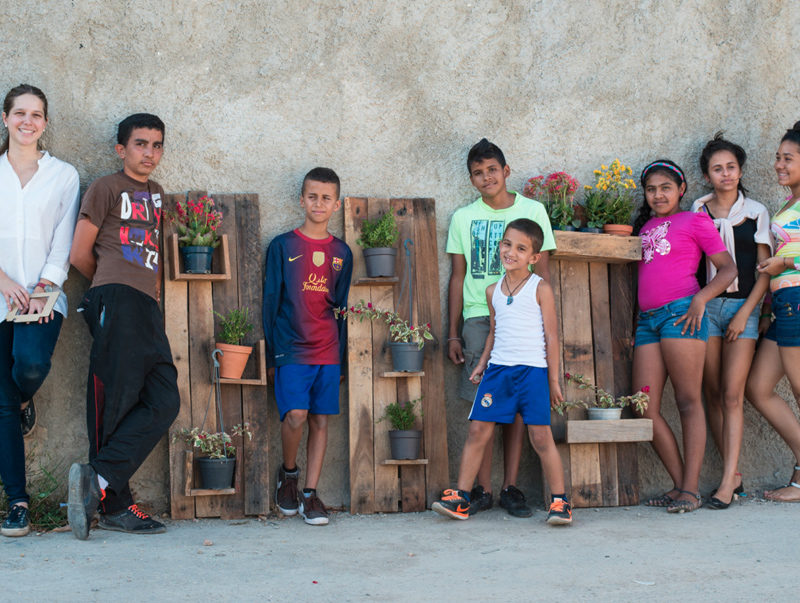
Objective: Globally, municipal solid waste contributes to methane emissions and other environmental problems, such as soil and water pollution. In the developing world, waste management often involves decentralized processes and serves as the primary source of income for impoverished waste pickers; these waste pickers collect waste door-to-door, hand-sort the waste, and sell the recyclables to scrap dealers. In our research, we aim to identify ways for cities in developing countries to improve the economic, environmental, and social performance of waste management systems. Specifically, we aim to improve landfill diversion rates (and maximize nutrient and material recycling) by cost effectively dealing with problematic streams within the waste system through a mutually-beneficial collaboration between the informal and formal waste sectors. Our research aims to answer the question: Which waste management strategies can (1) increase landfill diversion rates, (2) cost-effectively handle problematic streams, and (3) be acceptable to waste picker communities?
Partners and Outreach: We are conducting a case study in city of Pune, India. In Pune, we have been collaborating with SWaCH, a waste picker cooperative that has a formal arrangement with the government to collect waste door-to-door. With the help of SWaCH, we have connected with many other stakeholders and community members in the city. In August, 2014, we organized an 80-person stakeholder workshop, entitled “The Role of the Informal Sector in Sustainable Management of Organic and Sanitary Waste.” The goal of the workshop was to explore how stakeholders may contribute to the design of socially inclusive, environmentally sustainable, financially viable, and logistically participatory strategies for managing solid waste. Discussion centered on waste collection, handling, and processing of these streams. Visit http://indiawaste.wordpress.com/ to learn more about the workshop and the ongoing toolkit we are creating based on the ideas and opinions voiced there.
Approach: We are estimating the net costs and environmental impact of current waste management strategies as well as several alternative management scenarios. In order to conduct these analyses, we have quantified and characterized the city’s waste using primary sample-and-sort data, observation, and municipal records. We conducted an audit of residential waste collected door-to-door in a 13 neighborhoods, spanning a number of socio-economic groups. The results will be useful for determining whether an environmentally-beneficial strategy is also cost-effective and economically sustainable over a particular time frame. The analysis will also allow us to quantify the “size” of the city’s informal economy, and the economic value of the services it provides to the municipality. We also hope to identify opportunities for low-income groups to capture economic value from currently low-value waste streams. Life cycle assessment is being used to quantify the environmental benefit (e.g., avoided carbon emissions) of alternative waste management strategies as compared to the current management (baseline). Life cycle assessment results will be useful in identifying environmentally-beneficial changes to waste management in the city.
Project Media:
Waste meeting in Pune from Montage C



